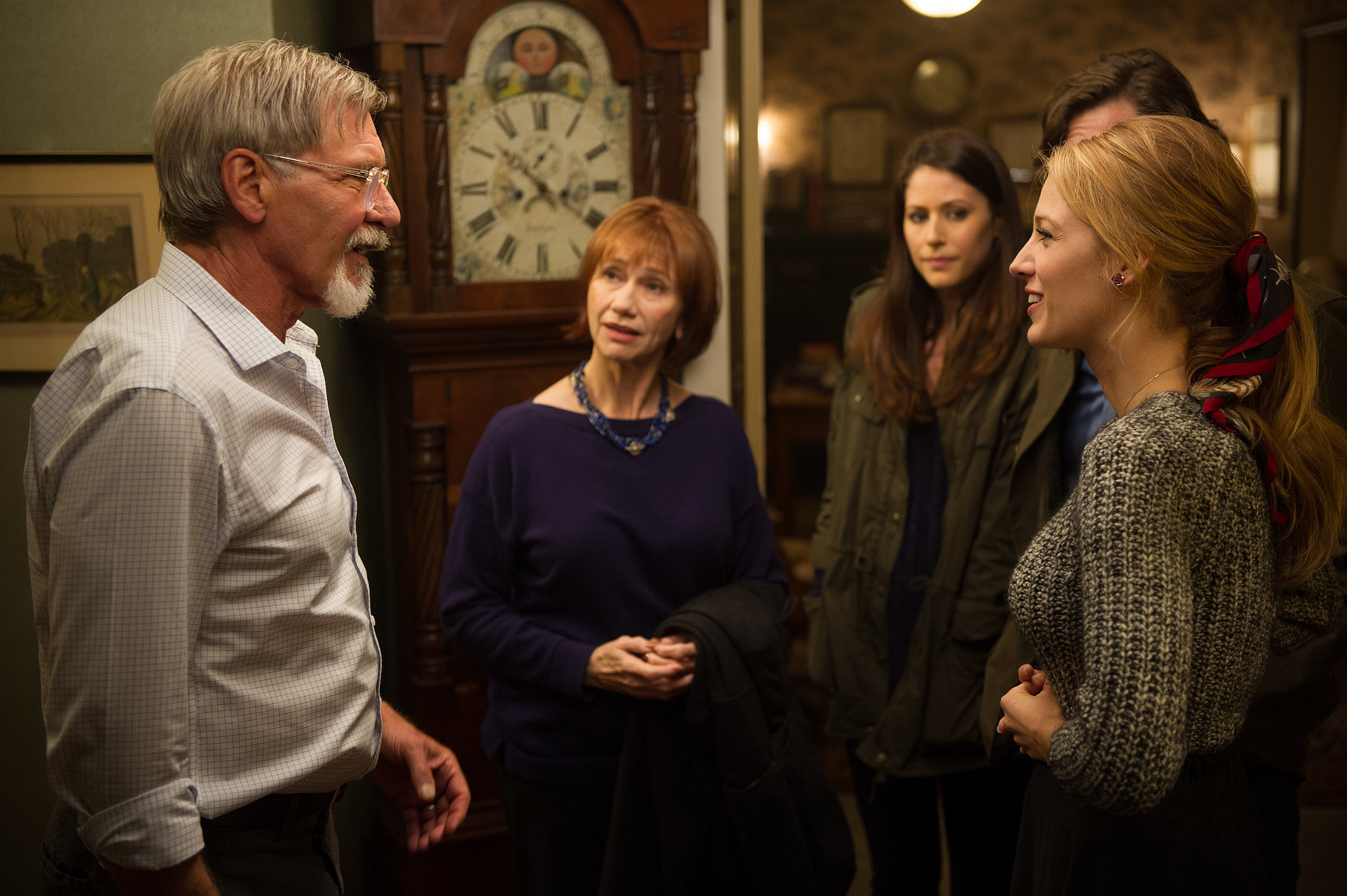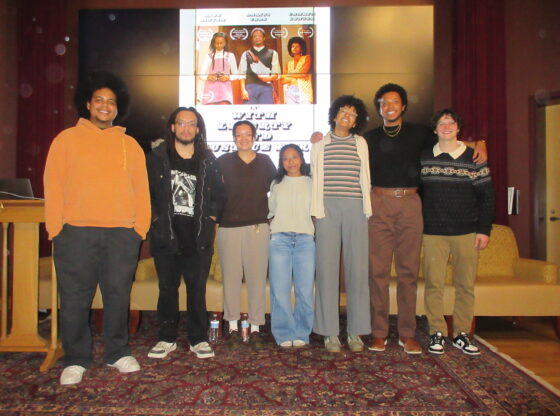“Age of Adaline,” a time-defying romance that hit theaters April 24, opens to a birds-eye view of Adaline Bowman (Blake Lively, “Savages”)traversing present-day San Francisco, carefully acquiring a fake driver’s license identifying her as 29-year-old Jennifer Larson.
Audiences watch this kind but guarded woman go about her day following her illegal activity, shutting her door with close to half a dozen locks and entering an apartment to her King Charles Spaniel, the closest thing she allows herself to a significant other. Lively captivates viewers right away with her subtle entrancing aloofness.
As she watches a vintage early-20th-century newsreel for her library job, her backstory swiftly comes into focus through a series of flashbacks. Born in 1908, Adaline was a remarkably beautiful yet ordinary woman of her time who married a handsome young engineer and gave birth to a daughter, Flemming (Cate Richardson, “Signed, Sealed, Delivered”).
Not long after her husband’s untimely death, though, a grief-stricken Adaline crashed her car into a freezing cold river on an uncharacteristically snowy California night. Thankfully she’s rescued by a chance bolt of lightning that not only jumpstarts her heart, but also permanently stops her aging process, rendering her, as spoken by narrator Hugh Ross (“Nightbreed”), “immune to the ravages of time.”
Ross injects a welcome measure of humor by noting that the exact thermonuclear law in question will not be discovered until the year 2035—thereby establishing scientific accuracy as a clearly moot point for the film.
In acknowledging the absurdity of the premise forthright, the movie is granted the license to execute what follows with a surprising caliber of emotional mastery. Audiences become enamored as Adaline realizes that her condition has condemned her to a lonely and nomadic life. She begins fostering suspicion around her 45th birthday when she’s pulled over and the seemingly 20-something hands over the identification for a woman twice her apparent age. Unable to share the truth with anyone except Flemming, who soon visibly surpasses her in age and is eventually played by an exquisite Ellen Burstyn (“Interstellar”), Adaline moves and switches identities often, spending the majority of her private eternity reading and mastering new languages.
Sadly cognizant that she will never grow old with a lover, Adaline abstains from romantic relationships until a momentous New Year’s Eve Party where she meets the charming Ellis Jones (Michiel Huisman, “Wild”). He pursues her with such fervent veracity that she can’t help but reciprocate. No sooner does she choose to pursue her feelings, however, than the film drops a shocking twist that immediately causes her to doubt her decision. This brazen shock, which might have thrown off a less-devoted film, somehow allows for a more engrossing experience that captures a joint epiphany as all involved attempt to understand such an absurd situation.
Those characters include Ellis’ mother (Kathy Baker, “Saving Mr. Banks”) and father, (Harrison Ford, “The Expendables 3”), who add something crucial to the emotional effect; Ford, in particular, does some of his finest acting in a long time, taking advantage of a few poignantly written scenes to portray the emotional significance of an old man experiencing both great joy and immense regret.
Ellis’ father is an astronomer by trade, accentuating the movie’s continual strain to direct audience’s attention heavenward, attempting to lend a cosmic dimension to the story. This is especially noticeable in the final voiceover which incorporates some senseless comet imagery with a predictable climax that brings this softly memorable movie to a far more tactless end than it’s entitled to.
“The Age of Adaline” serves as a perfect medium for Lively’s expressive yet underplayed performance—the sort of quietly commanding star turn that can transform a story. She persuasively pulls off the inward and outward incongruity of literally being an old soul in a young body. Most of all, though, this film offers a soothing reminder that one of life’s greatest chagrins—that we never have as much time as we would like—might in fact be its utmost mercy.











